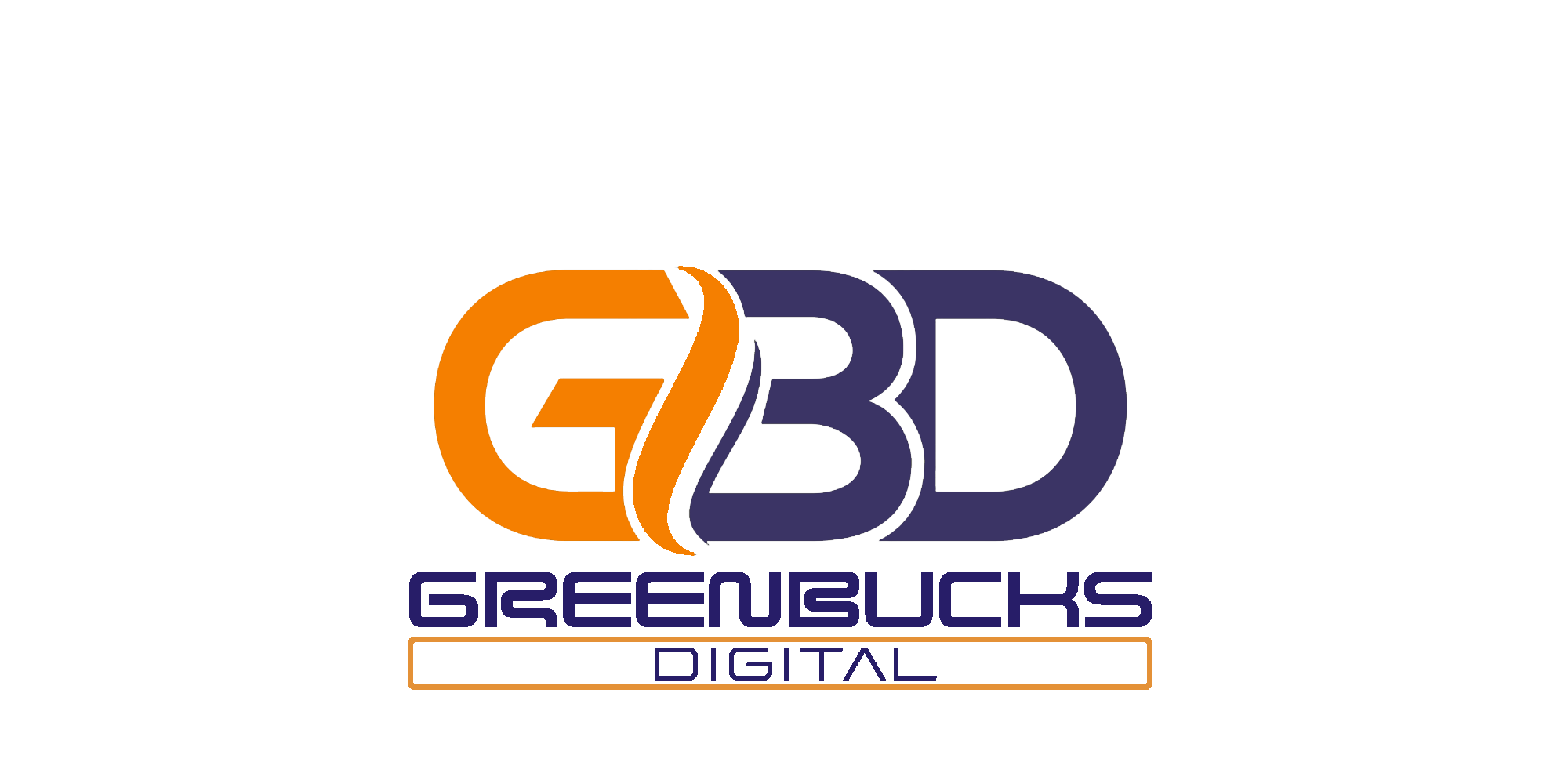Pay-Per-Click: Services
Pay-per-click is a method of paid advertising that allows marketing teams to purchase traffic to their website. Marketers place ads on websites or search engines such as Google and Microsoft Bing and pay a fee each time an ad is clicked on. These ads often appear at the top of the search results page, Andre typically determined by bids on specific keywords, while banner ads on websites usually set prices.
Pay-per-click is normally connected with first-tier search engines (such as Google Ads, Amazon Advertising, and Microsoft advertising already Bing Ads.) with search engines advertisers typically bid on keyword expressions relevant to their target market and pay when ads are click. In contract content sites usually charge a fixed price per click rather than use a bidding system.
Pay –Per-Click Type
Pay-Per-Click simultaneously with cost per impression (CPM) and cost per order is used to evaluate the cost-effectiveness and profitability of internet marketing and drive the cost of running advertisement campaigns as low as possible while preserving set goals. Clicks are the way to regulate attention and interest if the main target of ads is to generate a click or more specifically drive traffic to a destination then a pay-per-click is the preferred metric.
In the flat-rate design, the sponsor and publicist agree upon a fixed amount that will be paid for each click. In various cases, the publisher has a rate card that lists the Pay-Per-Click within unusual fields of their website or network.
The flat-rate standard is unusually common to comparison shopping engines which typically publish rate cards. However, these rates are sometimes minimal, and promoters can pay more for greater visibility.
The promoter signs a contract that permits them to compete against other advertisers in a special auction hosted by a publisher or more frequently an advertising network. Each promoter informs the host of the maximum volume that he or she is willing to pay for a given ad spot normally using online devices to do so. The auction performs out in a programmed fashion every time a visitor triggers the ad spot.
When the advertisement area is composed of a search engine result page (SERP), the automated auction takes over whenever a search for the keyword being bid on occurs. In situations where there are difficult ad spots, which are common on SERPs, there may well be multiple winners whose beliefs on the page are influenced by the amount each has bid. The bid and quality scores are used to determine the rank of each advertiser’s adds.
Google was originally managed to have engaged in misleading and deceptive conduct by the Australian Competition & Consumer Commission (ACCC) in possibly the first legal case of its kind. The ACCC rule that google was sufficient for the content of its sponsored AdWords ads that had shown links to a car sales website carsales.


